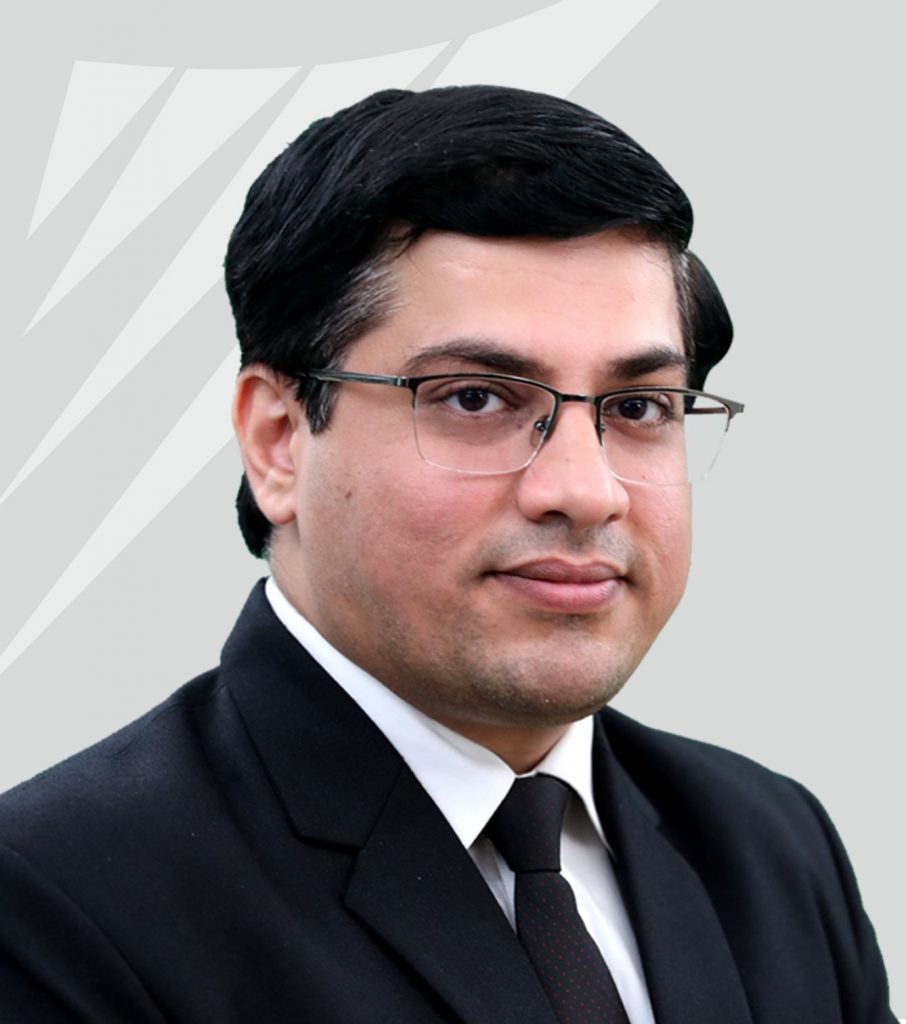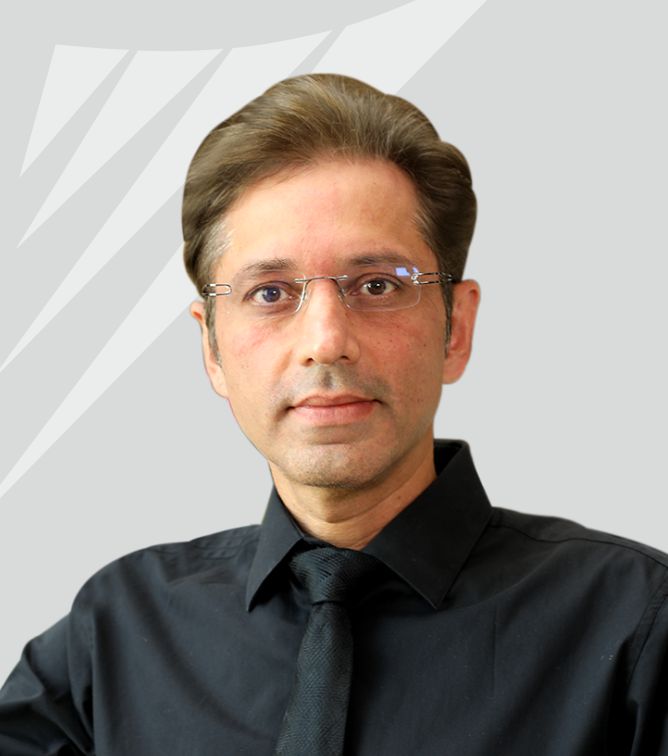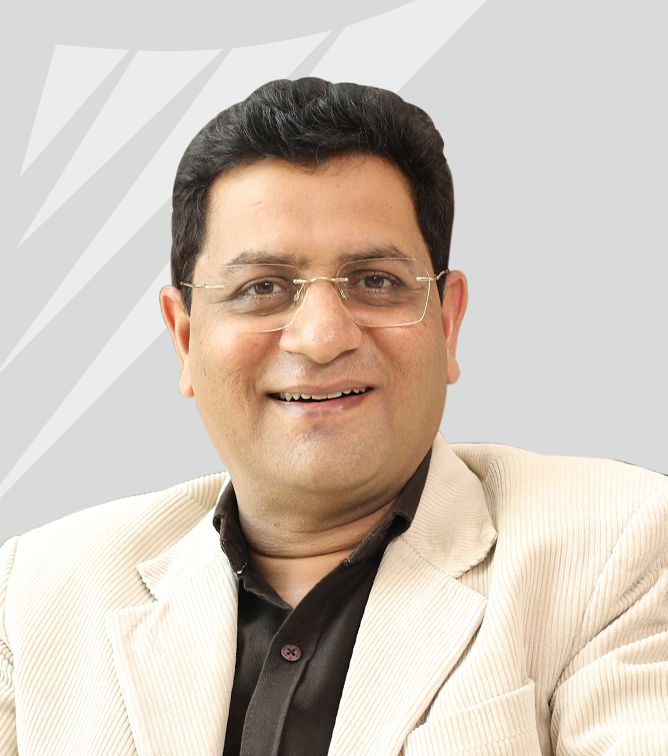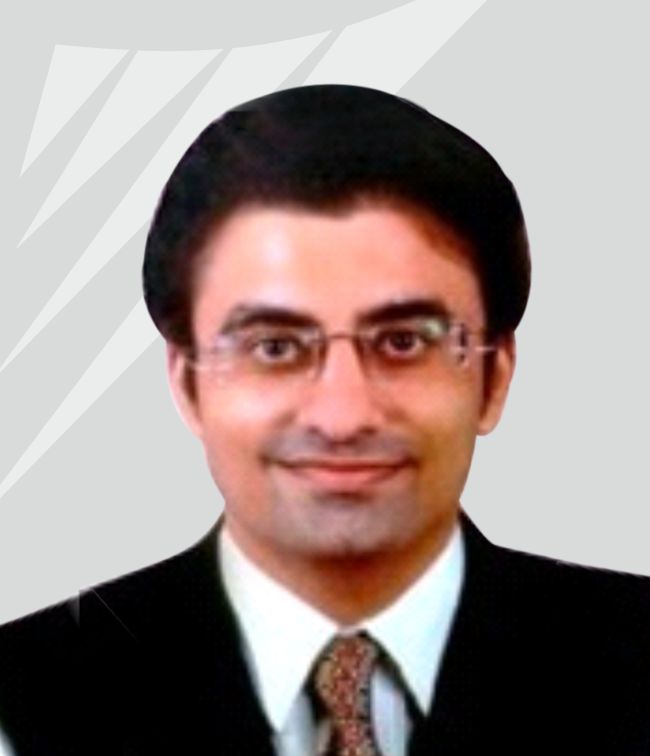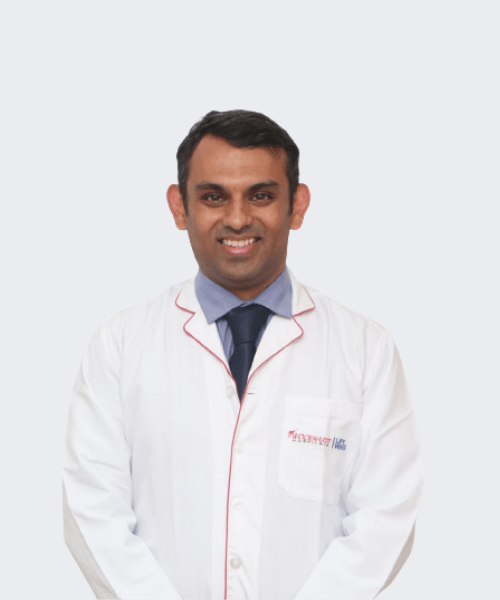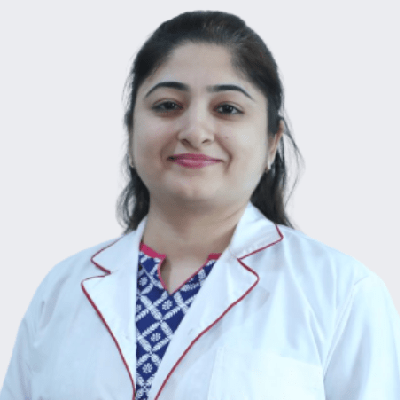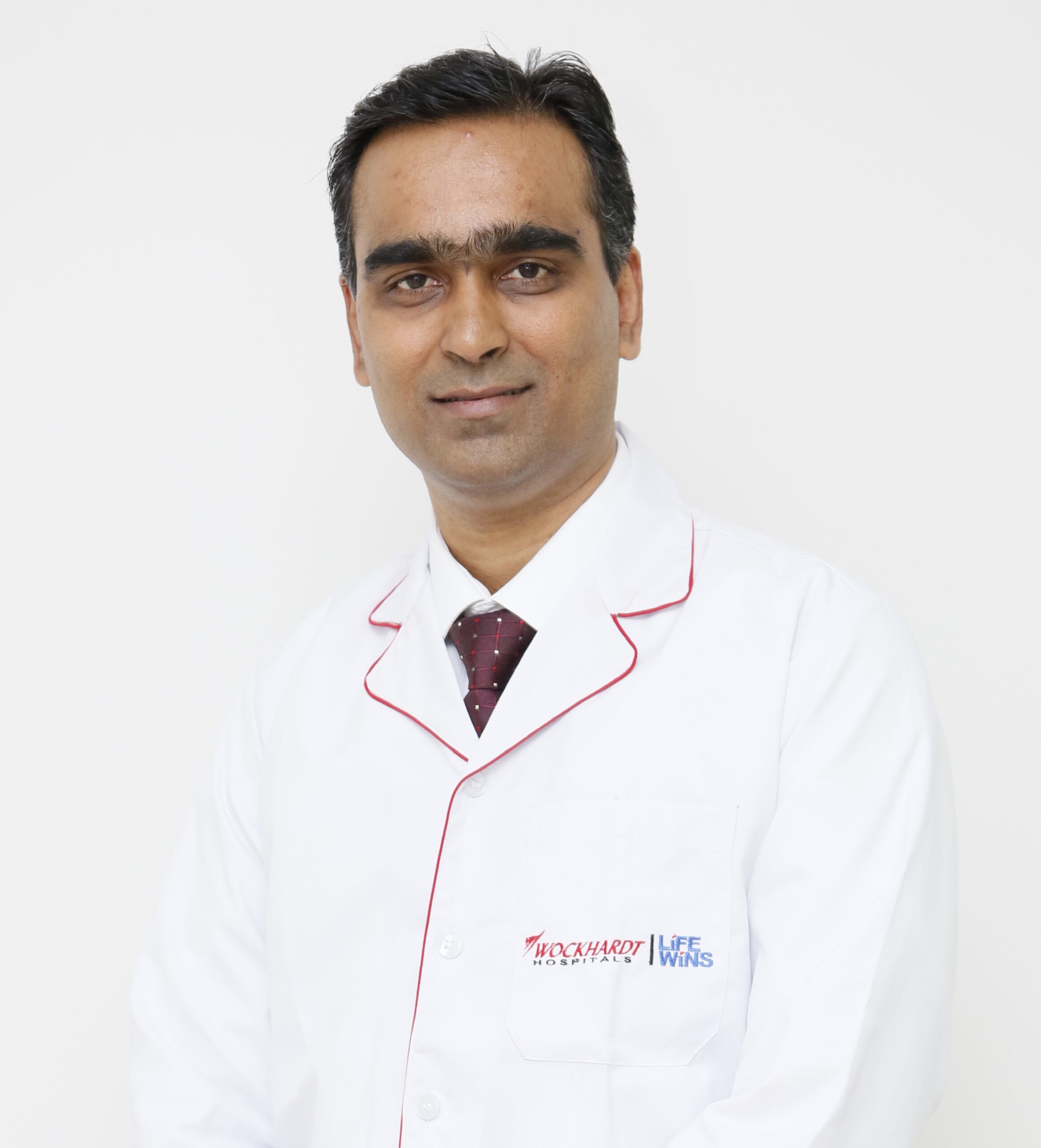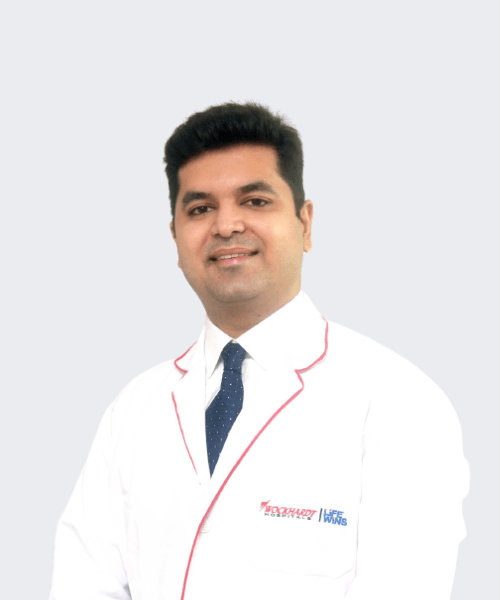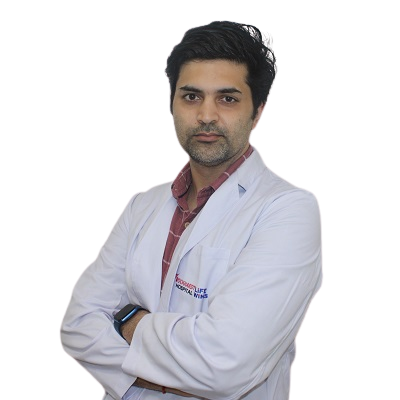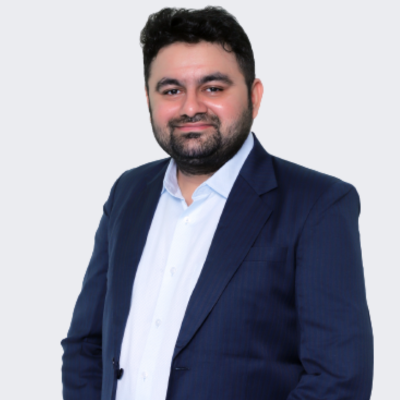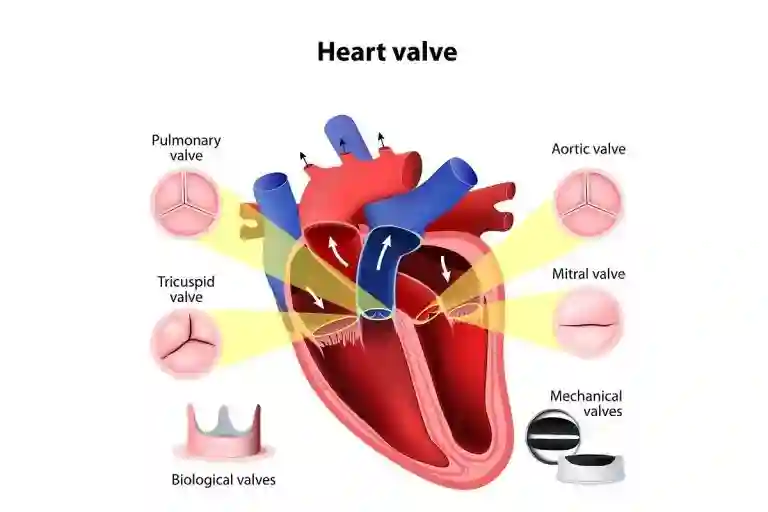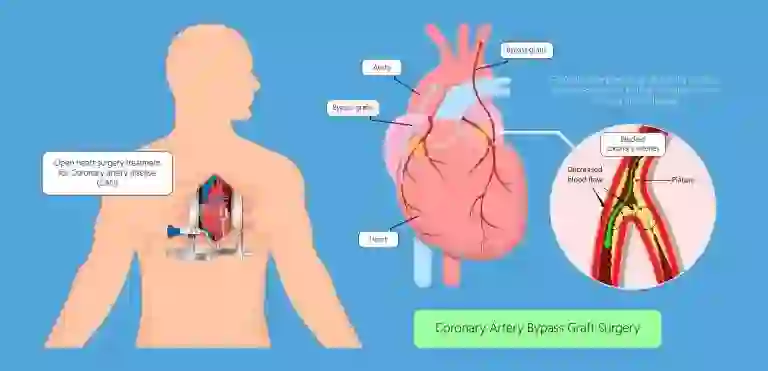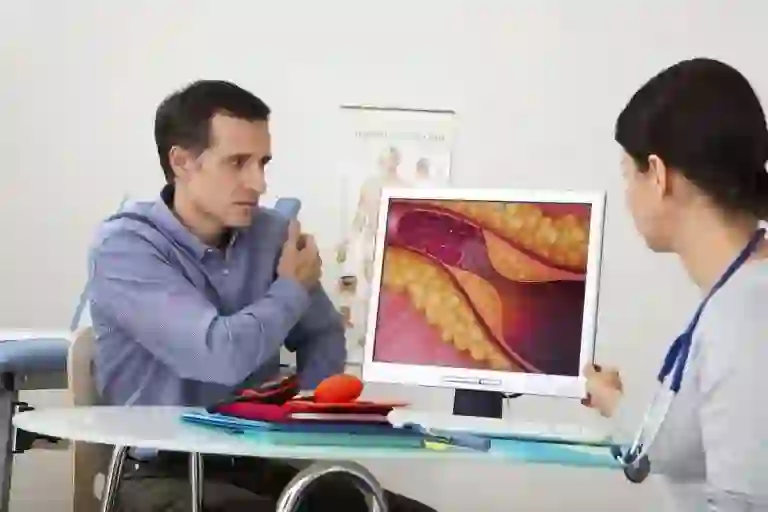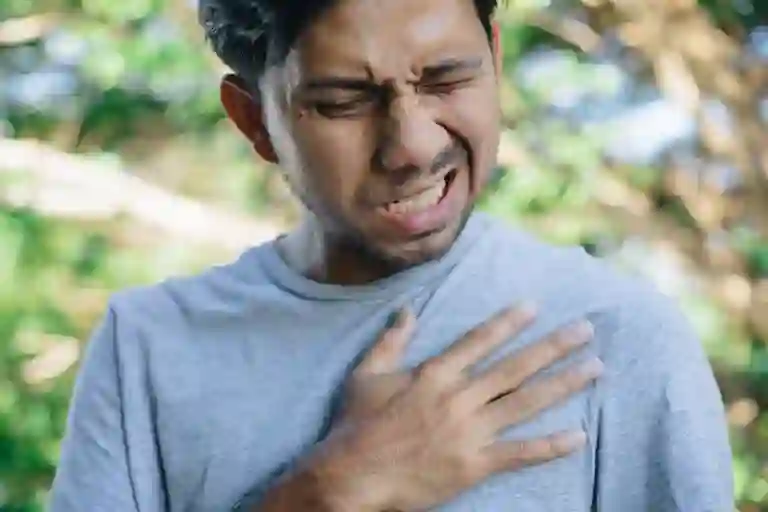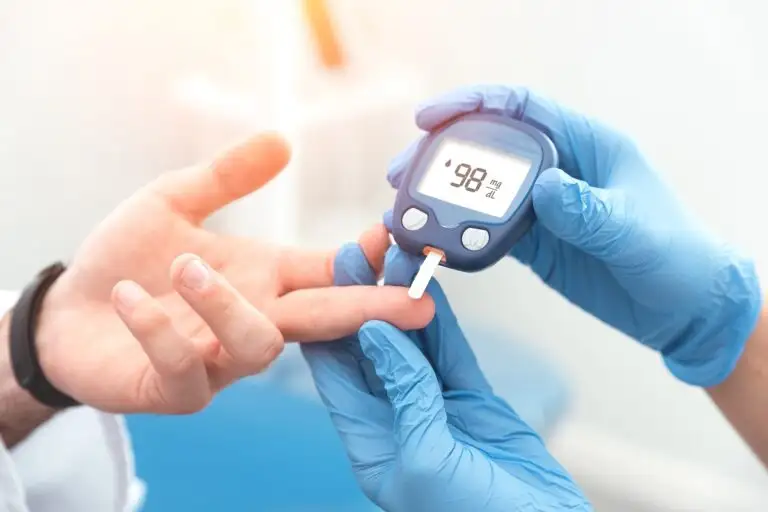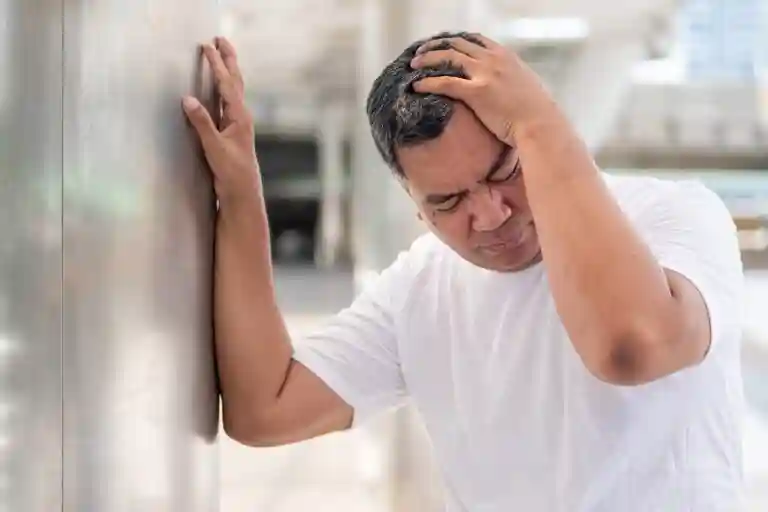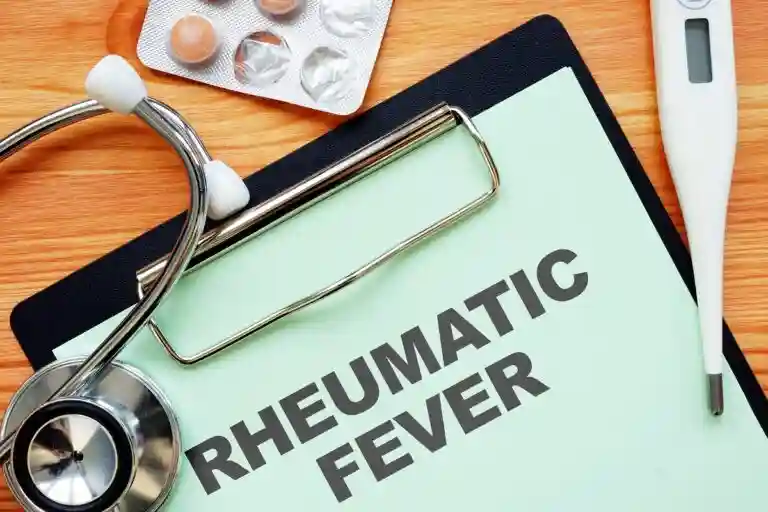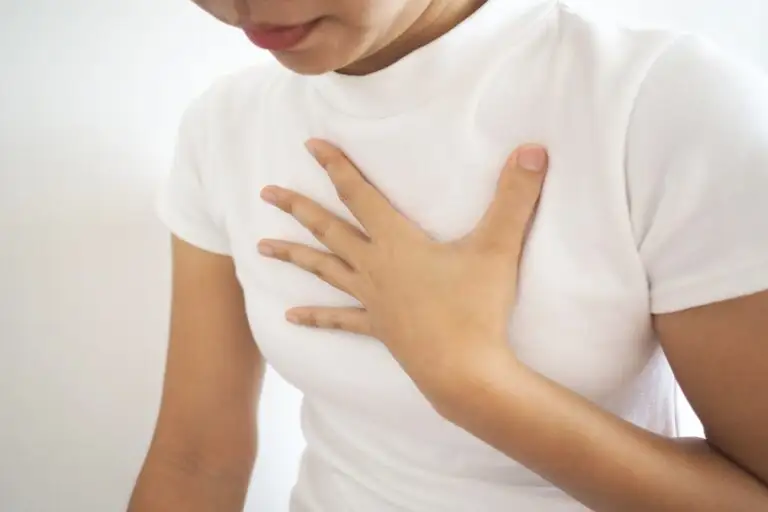Home » Medical Procedure » Heart valve surgery
Best Heart Valve
Replacement Hospital in India
Wockhardt Hospitals excels in heart valve replacement surgery, providing cutting-edge procedures and compassionate care. Our expert team ensures a healthier, rejuvenated heart for a brighter future.
Reasons for Opting for Heart Valve Surgery
Heart valve disease can be a lifelong condition that can start before birth or develop at any time. Additionally, the exact cause is still unknown in many situations. Some typical reasons include:
- Congenital valve disease - This specific kind affects the aortic or pulmonic valve. They consist of leaflets with structural flaws or improperly sized valves. Many times, the leaflets are not properly fastened.
- Acquired valve disease - This one entails issues that one has accumulated throughout the course of their life. Infections or diseases like rheumatic fever or endocarditis can cause alterations in the valve anatomy.
- Bicuspid aortic valve disease - The aortic valve is impacted by this kind of heart valve disease. The bicuspid valve only contains two cusps or leaflets, in contrast to a typical valve that has three.
The valves may also be impacted by a wide range of other disorders. Heart attack, coronary artery disease, syphilis, connective tissue illnesses, high blood pressure, and many other factors are the reasons. Radiation exposure, tumors, or a particular sort of drug misuse are other less significant causes.
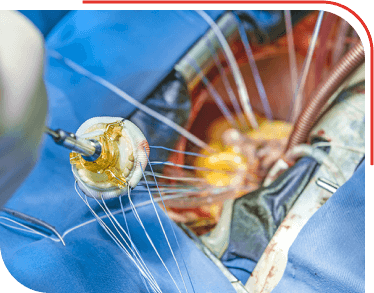
Renowned Heart Valve Surgeons
at Wockhardt Hospitals
- Mumbai Central
- Mira Road
- Nagpur
- Rajkot
Types of Heart
Valve Replacement Surgery
The types of urgery performed at Wockhardt Hospitals are listed below:
- Transcatheter Aortic Valve Replacement (TAVR) - Aortic Stenosis can be treated with a less invasive treatment called Transcatheter Aortic Valve Replacement (TAVR).
- Transcatheter Mitral Valve Repair (TMVR) - Catheters are used during the surgery to treat Mitral Regurgitation.
- Bioprosthetic Valve Replacement - In this replacement operation, after the initial replacement valve becomes worn out, a second valve is implanted. This strategy is also less invasive.
- Balloon Valvuloplasty - During this operation, a balloon is momentarily inflated inside the valve to loosen up any stenosis or constriction. The valves in this procedure don't need to be replaced.
Benefits of Heart Valve Surgery
Opting the surgery for your heart valves will
- reduce the heart valve disease symptoms,
- lengthen your life expectancy, and
- perhaps help you live a better life.
The following are some other potential benefits of heart valve repair over valve replacement:
- Reduced chance of infection.
- Fewer requirements for lifetime anticoagulant (blood-thinning) medications.
Diagnostics Tests Before
Heart Valve Surgery
Before proposing a replacement operation, our doctors will do a comprehensive consultation, conduct a physical exam, and run a few tests. The physical examination includes hearing the sound that your heart makes when its valves open and close. After that, the body is thoroughly examined to see how the circulation and operation of the other organs are doing.
The concerned doctor performs a number of tests, some of which are:
- Transesophageal Echocardiography
- Echocardiography
- Chest X-Ray
- Electrocardiogram (EKG)
- Cardiac catheterization, also known as angiogram
On the basis of the diagnostic tests, the progression of the valve disease is identified, and additional treatment options are suggested by the best heart doctors at Wockhardt Hospitals.
Heart Valve Replacement Surgery
in India at Wockhardt Hospitals
While the heart valve replacement is being performed, the blood will continuously flow via a heart-lung bypass machine while you are under anesthesia. This procedure can be done during open-heart surgery, which involves making large incisions or cuts in the chest. Mostly, if feasible, doctors also execute a minimally invasive procedure with tiny incisions. In order to do this, either robotic arms controlled by doctors used or they use precision devices that need to be implanted through tiny chest incisions. Typically, a minimally invasive approach has a speedier recovery time and shorter hospital stay.
How Do You Prepare for
Heart Valve Replacement Procedure?
Your heart valve operation will be discussed with you by the medical professionals, who will also address any worries you may have. Before having heart valve replacement, discuss with your doctor:
- Allergies or drug responses
- When may you resume your usual meds, and can you do so before surgery
- How long should you refrain from eating and drinking before surgery
Bring easy-to-put-on footwear and loose, comfortable clothing to the hospital on the day of surgery. You might need to shave the regions of your body where the incisions will be made. A particular soap may be used to wash your skin in order to assist in preventing infection. The day before your operation, you could undergo an electrocardiogram (EKG), an echocardiography, and a chest X-ray. A CT scan, a cardiac cath, and laboratory testing may also be performed.
During Procedure
The common open-heart procedure, which requires cutting through the breastbone in the chest, can be used to do surgery. Thoracoscopic surgery, chest surgery through a small incision, and robot-assisted heart surgery are all examples of minimally invasive heart surgery. Thoracoscopic surgery uses long instruments inserted through one or more small incisions in the chest. Robot-assisted heart surgery uses a robot to assist the surgeon during the procedure. Your surgeon will either replace or repair your heart valve, depending on the procedure you’re undergoing.
After Procedure
Your medical team may transfer you to an intensive care unit (ICU) after surgery so they can closely monitor you. An IV will be used to provide fluids and medication to you. After that, you will be shifted to a normal room. You might spend five to seven days in the hospital. As soon as you are able following surgery, your doctor will advise you to eat, drink, and move around. Your doctor might recommend that you enroll in cardiac rehab, a fitness program that is closely watched.
How Long Does Recovery Take
Following Heart Valve Surgery?
Following a procedure, recovery takes four to eight weeks. However, if you have minimally invasive surgery or surgery through a vein, your recuperation time could be shortened. Making healthy lifestyle adjustments may be suggested by your doctor to maintain your heart health. Changes in lifestyle that are good for the heart include:
- Keep eating a balanced diet
- Exercise on a regular basis
- Managing stress
- Avoiding the usage of tobacco
What Risks or Complications
Might Arise From Heart Valve Surgery?
Surgery always carries some risk. Risks of surgery include:
- Heart attack.
- Heart failure
- Bleeding
- Stroke.
- Infection.
- Abnormal heart rhythm
You will be informed of these risks prior to surgery by your cardiologist and surgeon.
Heart Valve Replacement Blogs
FAQs on Heart Valve Replacement
Q. How serious is heart valve replacement surgery?
Heart valve replacement surgery is a serious procedure, but advancements in medical technology and skilled surgeons make it a safe and effective option for improving cardiac health. Recovery and outcomes may vary, and personalized care is crucial for success.
Q. Can a heart valve be repaired without surgery?
Yes, certain heart valve conditions can be treated without heart valve surgery using non-invasive procedures. Techniques like transcatheter valve repair or replacement can be performed through a catheter inserted into a blood vessel, avoiding open-heart surgery. These minimally invasive approaches are suitable for specific valve issues, providing effective alternatives to traditional surgery. However, the suitability of these methods depends on individual factors and the type of valve problem present.
Q. Can I live a normal life after heart valve replacement?
Many individuals lead lives without any problems after heart valve replacement surgery. Following a period of recovery, which varies for each person, most patients resume normal activities. Regular monitoring and medication adherence are essential, but many people return to their usual routines without major limitations. With advancements in medical technology and post-operative care, a fulfilling and active life after the heart valve replacement procedure is achievable for many patients.
Q. Can I live with a damaged heart valve?
Living with a damaged heart valve is possible, but it may lead to various health complications over time. The severity of the damage determines the impact on your daily life and overall health. Regular medical monitoring and appropriate management, such as medication or procedures, are essential to prevent worsening conditions. To address the unique demands related to a damaged heart valve, it is imperative to consult a doctor for individualized guidance and treatment.
Q. Can I live 20 years after heart valve replacement?
Yes, many people live a long life after undergoing cardiac valve replacement surgery. Advancements in medical technology and post-operative care contribute to improved longevity and quality of life for individuals with valve replacements
Q. What is the cost of heart valve replacement in India?
The cost of heart valve replacement in India varies based on factors like the type of valve, hospital charges, and the patient’s specific medical needs. On average, this surgical procedure can range from Rs. 45,000 to Rs. 60,000 in India. That being said, costs could change based on various factors, including the hospital’s reputation, location, doctors, type of procedure, etc.
Q. What is the lifespan of a heart valve?
The lifespan of a heart valve replacement can vary depending on the type of valve used. Mechanical valves typically last 20 years or more but require lifelong blood-thinning medication. Biological valves, derived from animal tissue, usually last around 10-15 years and may not necessitate long-term blood thinners, but they may need heart valve replacement surgery in the future.
Q. Do heart valves leak with age?
Heart valves can develop leaks or regurgitation with age, leading to inefficient blood flow. Degenerative changes or conditions like calcification may cause valves to become less efficient, resulting in leakage. While some degree of leakage can be common and may not cause symptoms, severe leakage can lead to heart problems and may require treatment. Regular medical check-ups and monitoring are crucial to assess valve function and address any issues that arise with age.
Q. Can cardiac valves be replaced twice?
Yes, cardiac valves can be replaced more than once if necessary, depending on the patient’s condition and health needs. Re-replacement may occur due to a tear or failure of a previous valve replacement, or in some cases, a different type of valve may be preferred. Despite complexities, multiple surgeries for heart valve replacement are feasible, aiming to improve heart function and the patient’s quality of life.
Q. Which is better: heart valve replacement or repair?
The choice between heart valve repair or heart valve replacement surgery depends on various factors, such as the type and severity of the valve problem and the patient’s overall health. Valve repair aims to preserve the natural valve structure whenever possible, while cardiac valve replacement involves replacing the damaged valve with a prosthetic one. In some cases, repair may be preferred since it preserves the original tissue and may require less lifelong medication, but replacement might be necessary for severe damage or specific valve conditions. Consulting with a cardiac specialist helps determine the best option for each situation.




